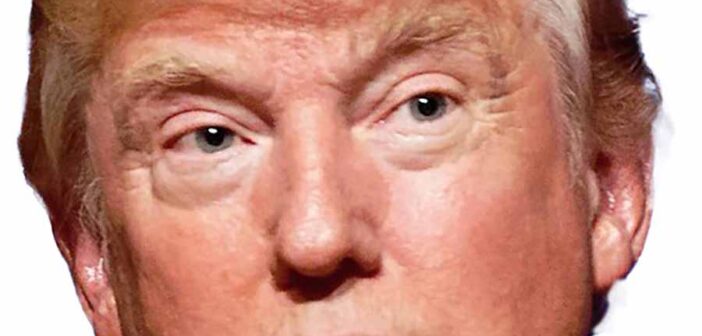
Stock markets have reacted positively to the tariff deal between Europe and the USA. Ryanair, which had previously threatened to cancel Boeing orders if tariffs were imposed, experienced a 2.5pc increase in share prices.
Airbus, the European aircraft manufacturer, has seen its stock stabilise, with a modest uptick of approximately 2pc since the announcement.
Airbus, which sources significant components from US suppliers and operates major assembly lines in Alabama, benefits from the tariff exemption, ensuring that its production costs and profit margins remain intact. Boeing, its US rival, experienced a slight dip in share price initially, falling by about 1.5pc due to lingering uncertainties surrounding broader trade tensions, particularly with China.
The company’s stock has since recovered marginally, buoyed by the assurance of tariff-free access to the European market, which accounts for 17pc of its jet deliveries.
Delta Air Lines, a major US carrier, saw its shares rise by nearly 3pc following the announcement, as the airline hailed the preservation of a “zero-tariff environment” that supports its fleet expansion plans without additional costs.
However, smaller carriers like Alaska Air, which relies on regional jets from Brazil’s Embraer, remain cautious due to ongoing concerns about separate tariff threats on non-EU manufacturers, with their shares showing minimal movement.
The deal’s broader implications are still under scrutiny, as questions linger about its detailed implementation and potential vulnerabilities to future trade disputes.
The US Commerce Department’s ongoing Section 232 national security investigation into aircraft imports, particularly from China, could introduce new uncertainties. Industry analysts warn that any future tariffs, even if modest, could ripple through supply chains, potentially increasing costs for manufacturers and airlines alike. For now, the agreement has provided a temporary reprieve, fostering optimism among investors.




